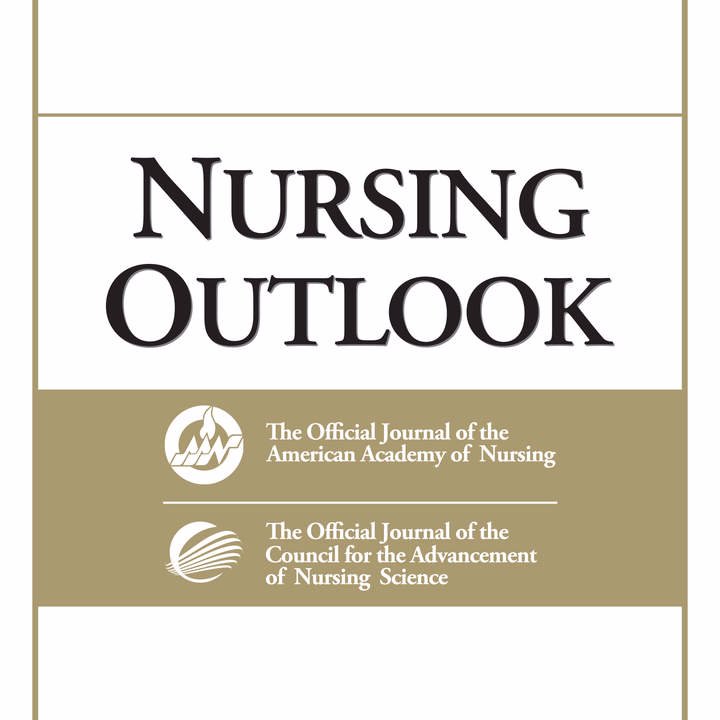 “The phosphatidylinositol 3-kinase (PI3K)/protein kinase B (PKB/Akt)/mechanistic target of rapamycin (mTOR) signaling pathway has been associated with several pathologies in the central nervous system (CNS), including epilepsy. There is evidence supporting the hypothesis that the PI3Kγ signaling pathway may mediate the powerful anticonvulsant properties associated with the cannabinoidergic system.
“The phosphatidylinositol 3-kinase (PI3K)/protein kinase B (PKB/Akt)/mechanistic target of rapamycin (mTOR) signaling pathway has been associated with several pathologies in the central nervous system (CNS), including epilepsy. There is evidence supporting the hypothesis that the PI3Kγ signaling pathway may mediate the powerful anticonvulsant properties associated with the cannabinoidergic system.
This work aims to investigate if the anticonvulsant and neuroprotective effects of cannabidiol (CBD) are mediated by PI3Kγ.
CDB increased latency and reduced the severity of pilocarpine-induced behavioral seizures, as well as prevented postictal changes, such as neurodegeneration, microgliosis and astrocytosis, in WT animals, but not in PI3Kγ-/-. CBD in vivo effects were abolished by pharmacological inhibition of cannabinoid receptor or mTOR. In vitro, PI3Kγ inhibition or deficiency also changed CBD protection observed in glutamate-induced cell death assay. Thus, we suggest that the modulation of PI3K/mTOR signaling pathway is involved in the anticonvulsant and neuroprotective effects of CBD.
These findings are important not only for the elucidation of the mechanisms of action of CBD, which are currently poorly understood, but also to allow the prediction of therapeutic and side effects, ensuring efficacy and safety in the treatment of patients with epilepsy.”
https://pubmed.ncbi.nlm.nih.gov/32574650/
“CBD is anticonvulsant in a model of pilocarpine-induced behavioral seizures. CB1 receptor mediates the effects of CBD. PI3Kγ pathway mediates the anticonvulsant neuroprotective effects of CBD.”
https://www.sciencedirect.com/science/article/abs/pii/S0028390820302240?via%3Dihub

 “Cannabidiol (
“Cannabidiol ( “Four pivotal randomized placebo-controlled trials have demonstrated that adjunctive therapy with cannabidiol (CBD) improves seizure control in patients with Dravet syndrome (DS) and Lennox-Gastaut syndrome (LGS).
“Four pivotal randomized placebo-controlled trials have demonstrated that adjunctive therapy with cannabidiol (CBD) improves seizure control in patients with Dravet syndrome (DS) and Lennox-Gastaut syndrome (LGS). “The cannabis plant has been widely researched for many therapeutic indications and found to be effective in many chronic conditions such as epilepsy, neuropathic or chronic pain and more. However, biased opinion against compounds of the plant, regulatory as well as compounding challenges have led to very few approved medicinal products. Those formulations which are approved are dosed several times a day, creating an unmet need for controlled release (CR) formulations of
“The cannabis plant has been widely researched for many therapeutic indications and found to be effective in many chronic conditions such as epilepsy, neuropathic or chronic pain and more. However, biased opinion against compounds of the plant, regulatory as well as compounding challenges have led to very few approved medicinal products. Those formulations which are approved are dosed several times a day, creating an unmet need for controlled release (CR) formulations of  “Parents across the United States use medical
“Parents across the United States use medical  “The pathophysiological relevance of the endocannabinoid system has been widely demonstrated in a variety of diseases including cancer, neurological disorders, and metabolic issues. Therefore, targeting the receptors and the endogenous machinery involved in this system can provide a successful therapeutic outcome.
“The pathophysiological relevance of the endocannabinoid system has been widely demonstrated in a variety of diseases including cancer, neurological disorders, and metabolic issues. Therefore, targeting the receptors and the endogenous machinery involved in this system can provide a successful therapeutic outcome. “This preliminary study examines whether daily CBD dose of 15-25 mg/kg produces cerebral macrostructure changes and, if present, how they relate to changes in seizure frequency.
“This preliminary study examines whether daily CBD dose of 15-25 mg/kg produces cerebral macrostructure changes and, if present, how they relate to changes in seizure frequency.